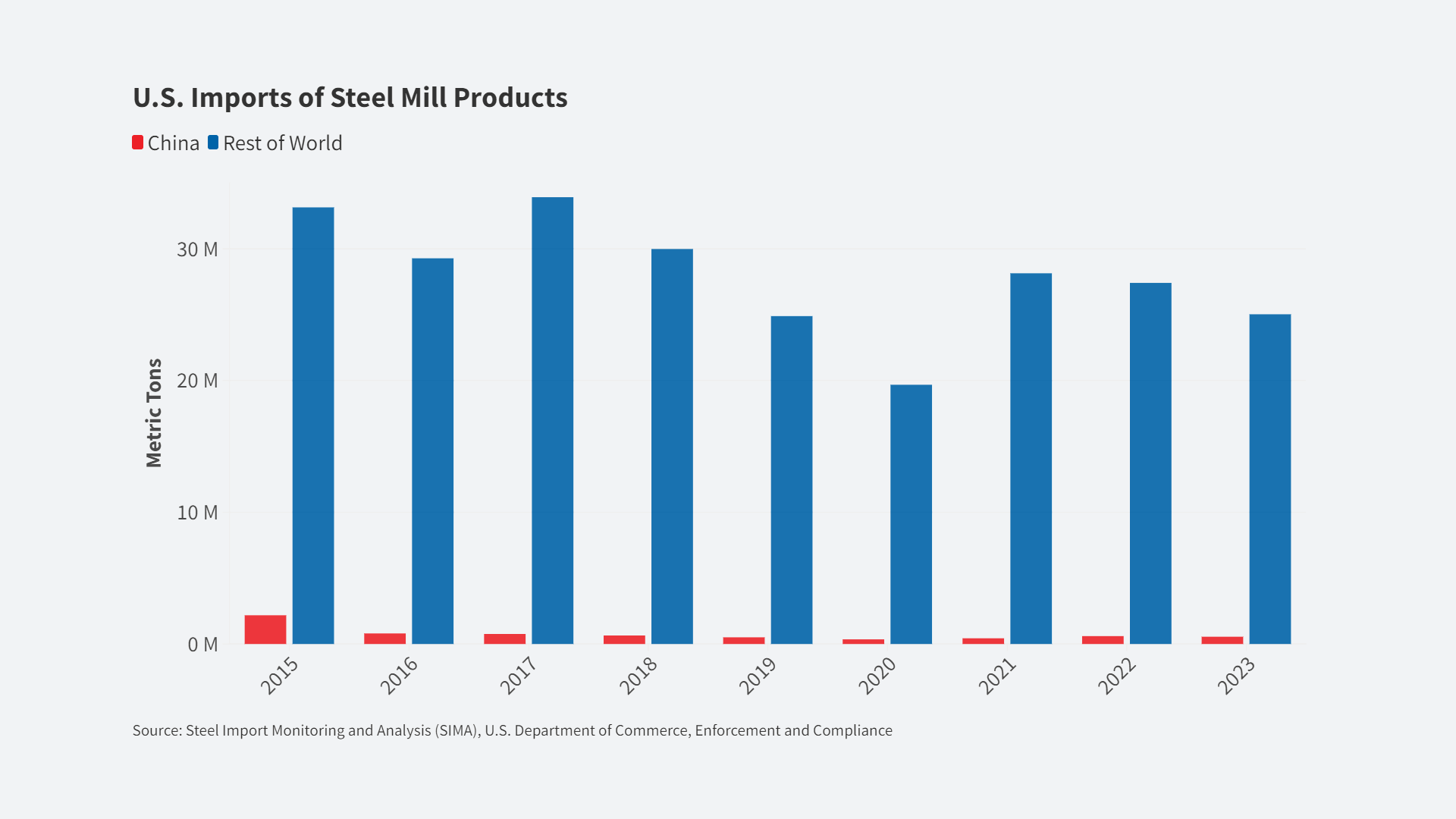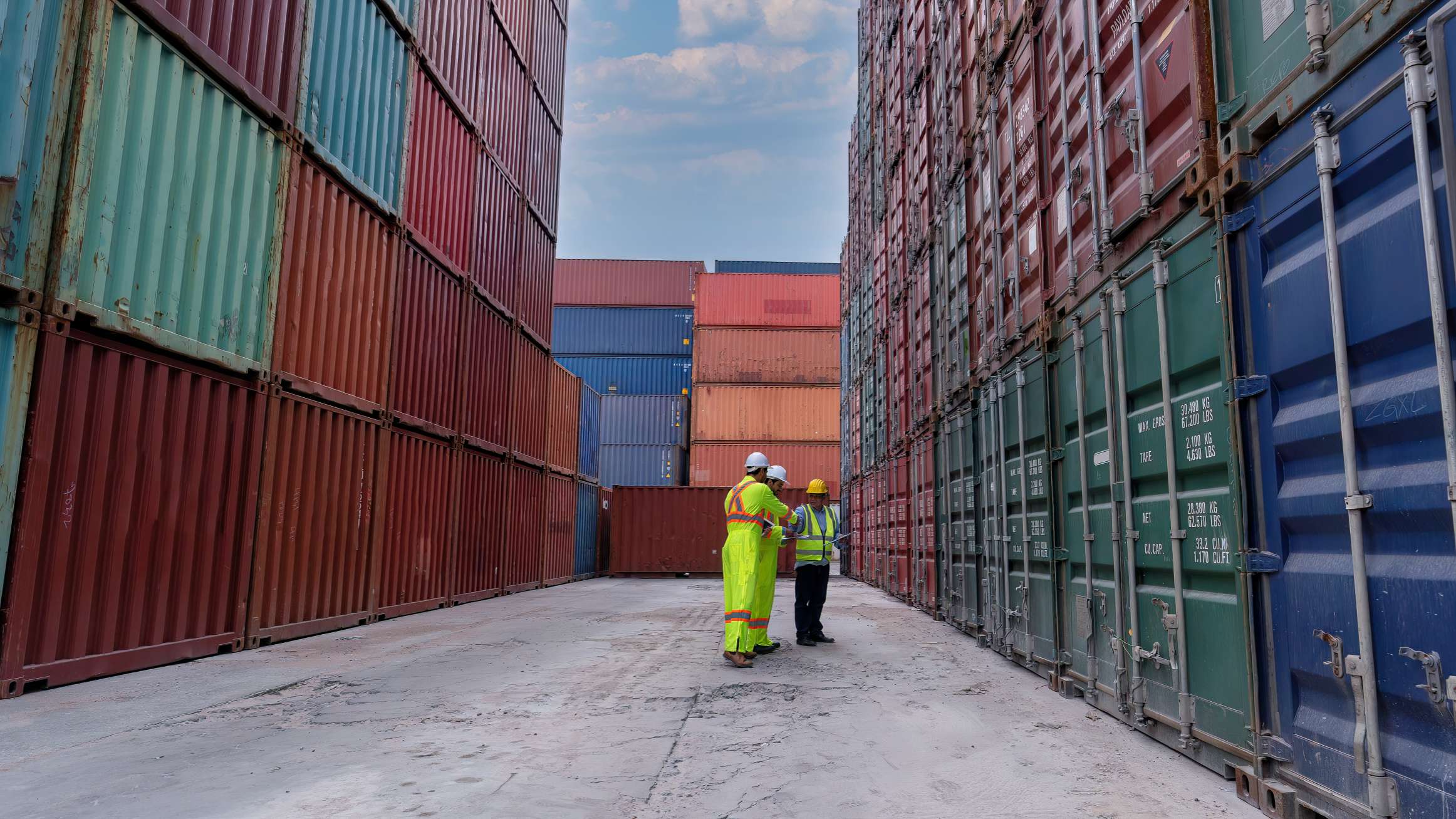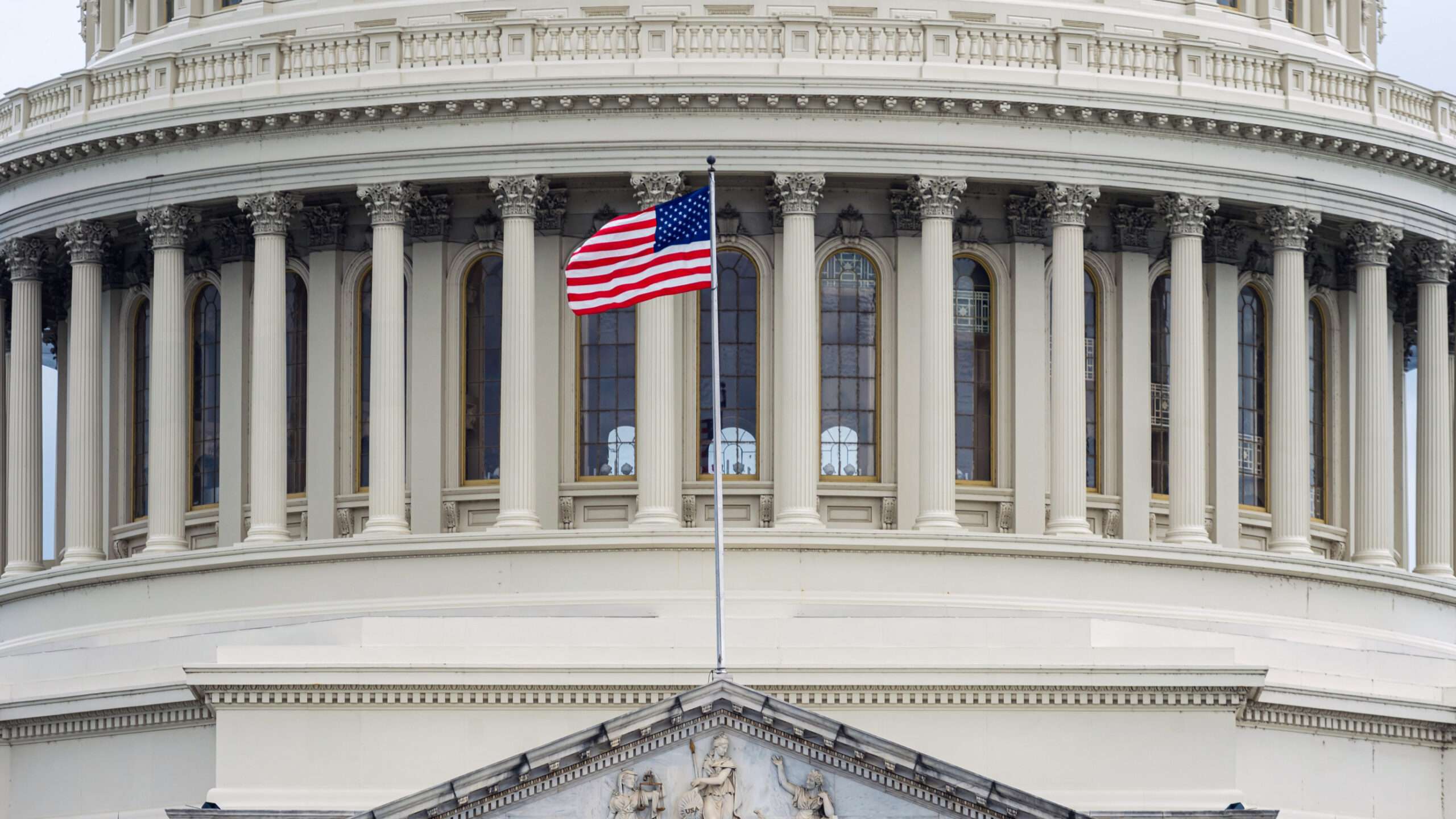
“What’s good for General Motors is good for America:” Most of us can remember when this old adage was true. Nowadays, what’s good for any transnational corporation will be good for them, but it will often be bad for America’s main street businesses and their workers.
[Reposted from Mesquite Local News | Frank Shannon | March 25, 2015]
Back then, much of middle class America was employed manufacturing the components that went into the cars that General Motors assembled and the myriad other products built for Americans and others around the world. Globalization has changed all that. Many previously domestic-based corporations have moved operations overseas to take advantage of the incentives set up by China and others. This results in the firing of American workers and hiring of foreign workers in new supply chains overseas.
While this has increased the bottom lines of these corporations and increased the wealth of the investor class, it has been devastating to Main Street, USA and rural America. It has also been very bad for the global economy. Globalization has been “sold” to all concerned on the ground of economic efficiency. The free movement of goods, technology and money was to result in the maximum production at the lowest price, ushering an era of global prosperity. It seemed to be so during the last decades of the 20th century, but after 2000, warning signs began appearing, and in 2006/2007 the “financial crisis” struck.
Years later, despite huge government deficits and continuous money printing by the Federal Reserve we are still stuck in a “fragile”, low-growth economy. Jobs are scarce, and those that have been “created” since the crash are mostly of the low-pay, no-benefits, part-time variety. Workforce participation is at a 30-year low, and a large part of the population subsists on various forms of welfare. The (official) unemployment rate is dropping only because discouraged workers are no longer counted in official statistics.
Back in the day, free trade between the states in the U.S. brought America vast wealth through interstate commerce. The free trade model worked well and America advanced in many ways. This was because America had common laws, business ethics and a common currency. Commerce and trading laws were enforced and there were consequences for states that attempted to illegally advantage themselves.
Along comes Globalization which attempts to overlay this model onto the developing world. Problems appear when the nations brought into this process have none of the attributes mentioned above to maintain harmony and balance. Without these controlling factors, the most ruthless and unlawful gain while the most ethical and lawful lose. This is a recipe for the disaster we see unfolding in the Global economy today. It can only get worse unless the trade regime is either made to work or scrapped as a failure. The dilemma is: how does one make the unethical ethical and the unlawful lawful? How do we rebalance international trade?”
Balanced trade….Virtually everyone reading this wants it. We have discussed many related ideas. Currency manipulation, state-owned enterprises, value added taxes, massive and targeted foreign subsidies, etc. These are a few of the many ways for foreign countries to game the system, and our government has not figured it out. Why? It isn’t government bureaucrats’ job to balance trade!
Congress never told them to do that. Congress told them, in prior statutes, to reduce trade barriers, eliminate trade distortions and expand export opportunities. That sounds reasonable until you look at 40 years of data showing consistent U.S. trade deficits, job losses, de-industrialization, and tremendous increases in foreign debt.
Globalization and “Free Trade” were supposed to produce balance. It was supposed to eliminate protectionism/mercantilism that produced persistent imbalances. As much as politicians talk about “leveling the playing field”, we are enabling mercantilism, not combatting it. Then there are those who say that balanced trade doesn’t matter: It’s just an accounting abstraction and having cheap goods, even if subsidized, is better than having jobs and production.
Many in Washington think that the value of the iPhone is in the design, not the supply chain production. If 50 designers and engineers are able to put something cool on paper, and a product arises, many think that’s enough. They don’t seem to understand that supply chains produce wealth, jobs, process innovation, economies of scale, spin off jobs and product innovation wherever they are located. Understanding this, China, Japan, South Korea and Germany eagerly acquire them. We are losing the global competition for a diverse array of desirable industrial and product job-creating value chains.
Without balanced trade America’s economy will be stuck in neutral, jobs will be scarce and our national wealth will continue to drain away. We cannot recover as a country while consumer demand stimulates other economies more than ours, via net leakage of our consumer demand overseas. We cannot recover as we invent things here and make them there.
At the core, we need a national goal of balanced trade over time. Then we need to set out to achieve that goal. Congress should pass a resolution stating that “Balanced Trade” is a national goal. Then it is up to Congress and the administration to debate the best means to accomplish and work toward this goal.
Recently, I had the opportunity to sit down with Congressman Hardy and suggested he put forth such a resolution and he promised to look into it.
Proposed Statutory Language for Balanced Trade Objective:
The principal negotiating objective for trade in goods, services and agriculture is to achieve an overall balance of payments with foreign countries over a reasonable period of time, eliminate persistent trade deficits and reverse the accumulation of foreign debt.
Frank Shannon served in the U.S. Army, was an engineering/operations manager for AT&T for 27 years, was the owner of a small manufacturing business for 23 years, served as Colorado Chair of the Coalition for a Prosperous America and moved to Mesquite in 2013.













